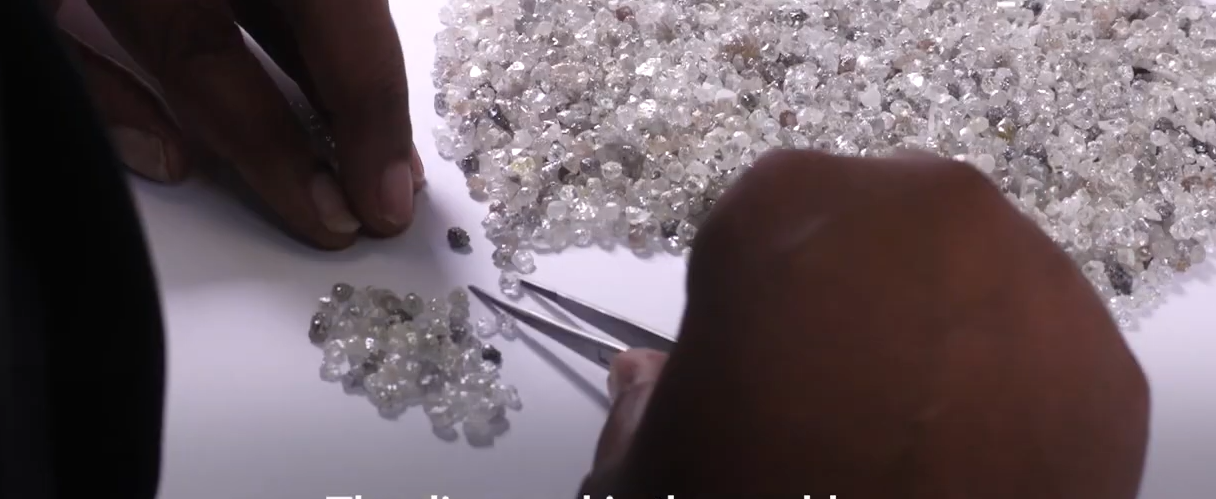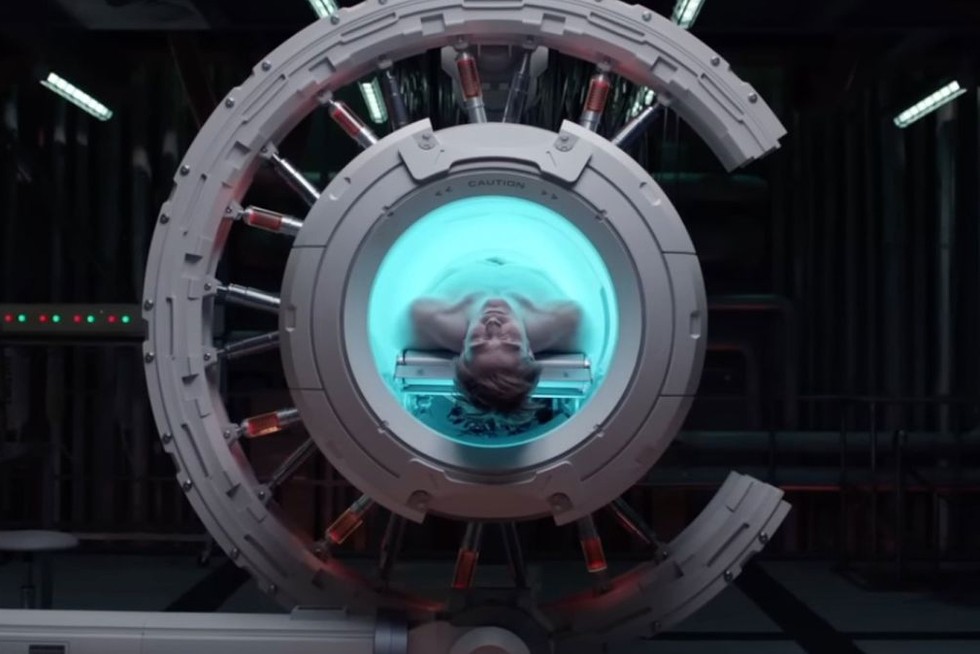We do need to raise hope–and hope has already been raised, judging by the outcome in Iowa, and the tightening of the opinion polls heading into New Hampshire on Tuesday. Senator Clinton led by 20% points as recently as three weeks ago in New Hampshire, now she’s tied with Senator Obama at 33% each according to a recent CNN poll.
[Black Star News Editorial]
Senator Hillary Clinton last night in a debate told this nation why Senator Barack Obama may be elected president in November.
“We don’t need to be raising the false hopes of our country about what can be delivered,” she scolded,
referring to Obama’s speeches, adding: “Words are not action. And as beautifully presented and passionately felt as they are, they are not action.”
We do need to raise hope–and hope has already been raised, judging by the outcome in Iowa, and Obama’s sudden acceleration in the opinion polls heading into New Hampshire this coming Tuesday. Senator Clinton led by 20% points as recently as three weeks ago in New Hampshire, now Senator Obama leads 39% to 29% according to tonight’s CNN poll.
And who, on this earth, would dare not hope?
Great speeches have inspired women and men throughout the world towards great deeds or made it easier for people to endure great calamities.
Even the very young know that a little league baseball coach can rally his charges with a speech, to swing harder or to dive for the ball. Men at war have been rallied by speeches to hold a frontline position long enough for reinforcement to arrive, or to charge an enemy position even when things looked hopeless.
President Lincoln rallied the nation by capturing a moment in an exhausted and demoralized country’s history, with his rousing Gettysburg Address in 1863. Lincoln spoke of a new “birth of freedom” and said the war’s outcome would guarantee unity and equality in the country and concretize “government of the people, by the people, for the people….” His vision is far from being realized; was he wrong to have hope?
The British were reassured and encouraged by Churchill’s “Their Finest Hour” speech on June 18, 1940. Mighty Germany had overrun most of Europe forcing the evacuation of 338,000 British Expeditionary and allied forces from Dunkirk.
Germany was poised to conquer Britain, yet Churchill told a frightened nation that if Britain could “stand up” to Hitler “all Europe may be free and the life of the world may move forward into broad, sunlit uplands. But if we fail, then the whole world, including the United States, including all that we have known and cared for, will sink into the abyss of a new Dark Age …” He added: “Let us therefore brace ourselves to our duties, and so bear ourselves that if the British Empire and its Commonwealth last for a thousand years, men will still say, ‘This was their finest hour.’”
And who can deny the power of Rev. Martin Luther King’s “I Have A Dream Speech,” on August 28, 1963 from the steps of the Lincoln Memorial and the effect it had in lowering some of this nation’s racial barriers by appealing to instincts of humanity that he knew existed but had long been deep-buried due to the nation’s racist history? “This is our hope,” King said, and added, “With this faith we will be able to transform the jangling discords of our nation into a beautiful symphony of brotherhood.” While King’s hope has yet to be realized, was he really offering “false hopes” by daring to envision a better future?
Who is not familiar with John F. Kennedy’s inauguration speech? He asked Americans not to ask what their nation can do for them, but what they can do for this nation.
Obama knows that since the end of Reconstruction, there have been no serious dialogue on race matters and what it really means to be an “American.”
There were some achievements during the Civil Rights Movement, including elimination of overt segregation in education, the workplace and public institutions. Yet, it also hardened attitudes. Many African Americans say it only went halfway and most of those gains are being undone. Many whites claim the social programs and resource transfers during that era more than compensate for historical wrongs, including for Slavery. That is the status quo. The stalemate prevents this country from realizing its full potential.
Senator Obama wants to change the status quo on everything: abysmal race relations, humiliatingly dysfunctional public education systems, lack of health care for all, terrible relationship with much of the world, war-mongering foreign policy, and many other woes. He wants Democrats and even moderate Republicans to join his movement for change.
Obama knows that on issues of discrimination and poverty, appealing to whites’ sense of guilt to redress past injustices is no longer valid currency. In his book, “The Audacity Of Hope,” he makes it clear he wants to combat poverty, illiteracy, and poor health care provision, through programs that will benefit all poor people in this country, thereby benefiting African Americans that are most disproportionately negatively impacted. He believes the approach has a better chance of gaining wider acceptance and support.
What does tomorrow hold in store?
Senator Clinton says let’s reject “false hopes.” Senator Obama says let’s embrace the “audacity of hope.”
Voters will decide.
To comment or to subscribe to or advertise in New York’s leading Pan African weekly investigative newspaper, or to send us a news tip, please call (212) 481-7745 or send a note to [email protected]
Also visit out sister publications Harlem Business News www.harlembusinessnews.com and The Groove music magazine at www.thegroovemag.com
“Speaking Truth To Empower.”

















